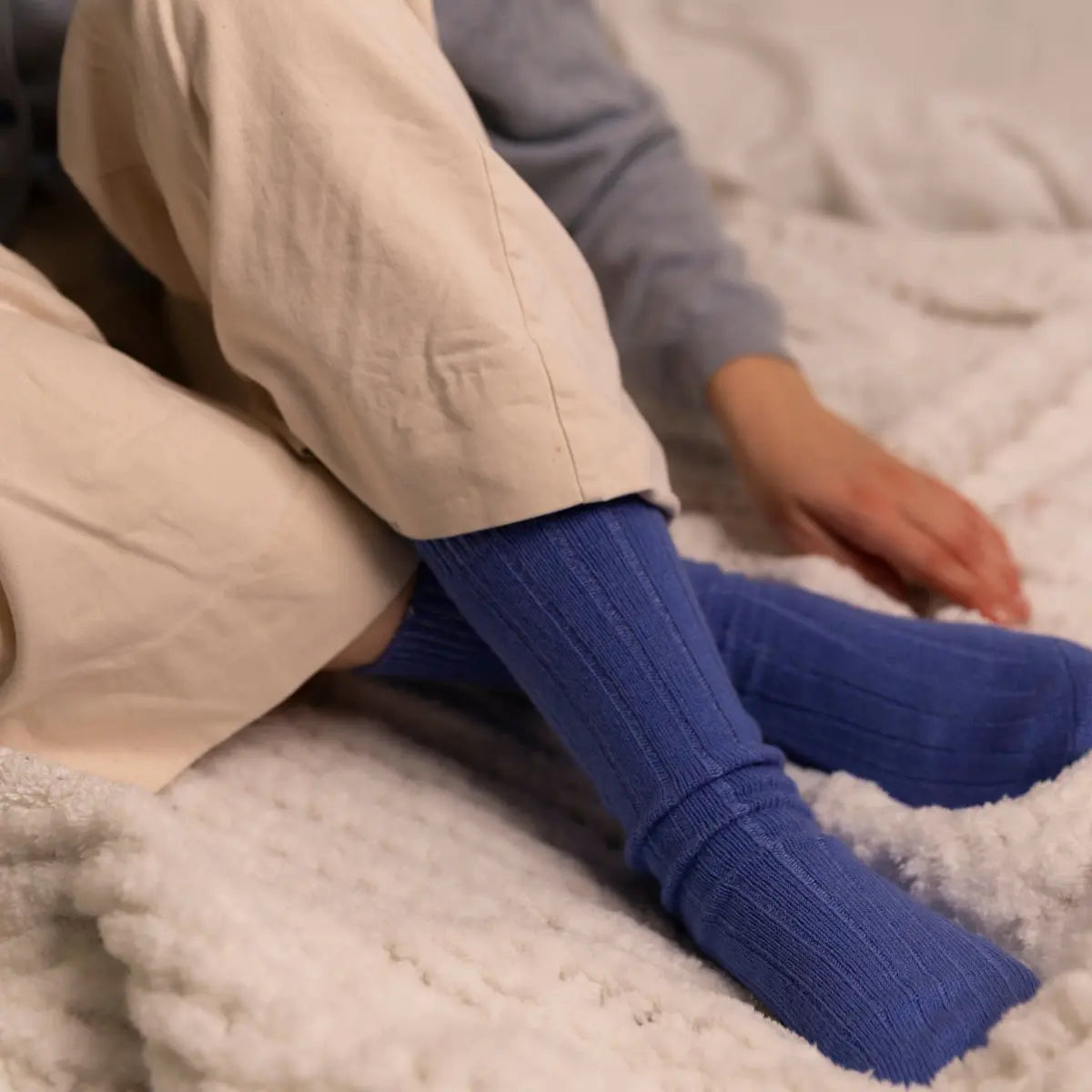Beyond the Frill: Reconsidering socks with ruffles in Contemporary Wardrobes
Beyond the Frill: Reconsidering socks with ruffles in Contemporary Wardrobes
The resurgence of socks with ruffles in recent fashion cycles presents an interesting study in how nostalgic trends resurface and evolve. While these frilled accessories have found their moment in the spotlight, their revival invites a broader conversation about functionality, sophistication, and the role of embellishment in modern dressing.
The Ruffle Renaissance
Ruffle socks, with their characteristic gathered fabric creating decorative frills around the ankle, have cycled through fashion history with remarkable persistence. From Victorian children's wear to 1980s prep aesthetics, and now appearing on contemporary runways and social media feeds, these ornamental socks represent fashion's ongoing romance with nostalgic detail.
This revival speaks to a larger trend: the desire for playfulness in an increasingly serious world. Yet, as with any trend rooted in nostalgia, it's worth examining whether the appeal lies in genuine utility or merely in the comfort of familiarity.
Form Versus Function
The fundamental challenge with ruffle socks lies in their inherent prioritization of decoration over purpose. The very construction that creates their distinctive appearance—excess fabric gathered into frills—contradicts the primary function of hosiery: to provide a smooth, comfortable layer between foot and shoe.
Consider the practical implications: ruffles create bulk precisely where sleekness is most needed. They can interfere with shoe fit, create pressure points, and complicate what should be a simple daily ritual of getting dressed. In an era where we increasingly value versatility and ease, these complications seem particularly anachronistic.
The Material Question
Traditional ruffle socks often rely on synthetic materials or cotton blends that prioritize maintaining the structured frill over comfort and breathability. The need for the ruffle to hold its shape throughout wear frequently results in stiff, less comfortable fabrics that lack the temperature-regulating properties of premium natural fibers.
When compared to the inherent qualities of materials like alpaca, cashmere, or angora—which provide comfort, durability, and natural temperature regulation without any structural embellishment—the decorative addition of ruffles seems not just unnecessary, but counterproductive.
The Swedish Perspective
From a Swedish design standpoint, where functionality and aesthetics exist in careful balance, ruffle socks present a philosophical challenge. The Swedish approach to design asks a simple question: does this element serve a purpose beyond decoration? If not, why include it?
This isn't about austere minimalism for its own sake. Rather, it's about recognizing that true elegance often emerges from simplicity—from allowing quality materials and thoughtful construction to speak for themselves without unnecessary adornment.
Style Evolution and Maturity
While ruffle socks may evoke certain aesthetic memories or serve specific stylistic purposes, they often signal a particular relationship with fashion—one that prioritizes statement-making over sophistication. As personal style evolves, many find themselves moving away from pieces that announce themselves so boldly toward those that integrate seamlessly into a considered wardrobe.
This evolution doesn't represent a loss of personality or playfulness. Instead, it reflects an understanding that confidence in one's style choices doesn't require external validation through obvious embellishments. The wearer who chooses quality, fit, and material over decoration makes a different but equally valid statement about their values and aesthetic sensibility.
The Investment Angle
From a practical standpoint, ruffle socks present challenges in terms of longevity and versatility. The decorative elements are often the first to show wear, losing their structure and appeal long before the sock itself wears out. This built-in obsolescence runs counter to sustainable fashion principles and the idea of building a lasting wardrobe.
Investing in high-quality, simply designed socks crafted from premium materials offers better long-term value. These pieces work across multiple occasions, maintain their appearance through countless wears, and align with a more sustainable approach to consumption.
Finding Alternative Expression
For those drawn to ruffle socks for their feminine or romantic associations, consider that these qualities can be expressed through other wardrobe choices that don't compromise comfort or versatility. The texture of premium materials, the subtle interplay of natural fibers, or the quiet confidence of well-chosen basics can convey sophistication and personality without resorting to literal frills.
The Case for Considered Simplicity
At AMO & Oak, our philosophy centers on the belief that the best design is often the least visible—it simply works. Our approach to socks prioritizes the experience of wearing them over the statement of displaying them. Premium materials like alpaca, cashmere, and angora provide luxury through comfort, not through decoration.
This doesn't mean rejecting all forms of expression or personality in dress. Rather, it suggests that true style confidence comes from choosing pieces that serve their purpose excellently without requiring additional justification through embellishment.
Moving Forward
As fashion continues its cyclical journey through trends and revivals, ruffle socks will undoubtedly maintain their place in certain wardrobes and contexts. However, for those seeking to build a thoughtful, lasting wardrobe based on quality and versatility, the appeal of unadorned excellence becomes increasingly clear.
The choice between decorative and functional isn't about right or wrong—it's about understanding what truly serves your lifestyle and values. In a world that often equates more with better, choosing simplicity becomes its own form of rebellion, its own statement of intent.
Sometimes, the most sophisticated choice is the one that doesn't announce itself at all.


